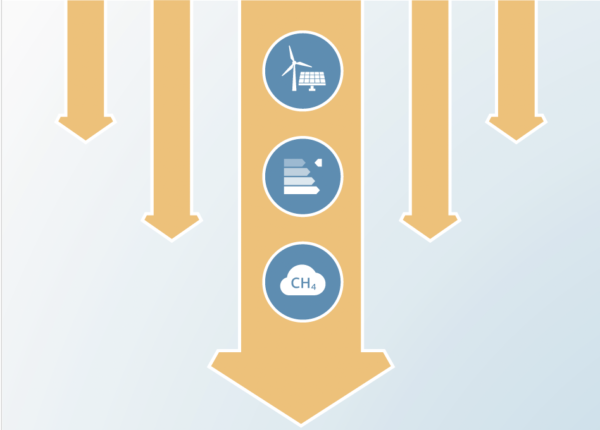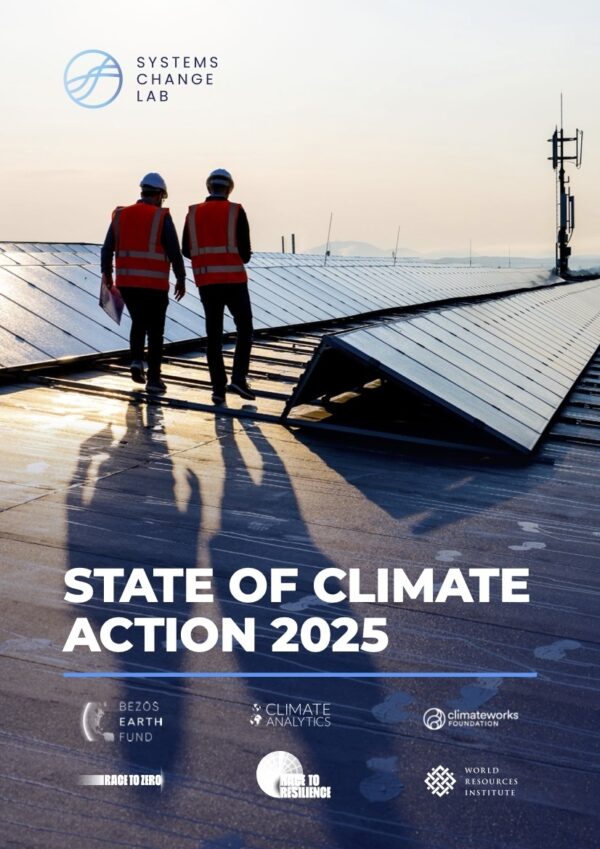Turn down the heat: confronting the new climate normal?
Authors
Hans Joachim Schellnhuber, Christopher Reyer, Bill Hare, Katharina Waha, Ilona M. Otto, Olivia Serdeczny, Michiel Schaeffer, Carl-Friedrich Schleussner, Diana Reckien, Rachel Marcus, Oleksandr Kit, Alexander Eden, Sophie Adams, Valentin Aich, Torsten Albrecht, Florent Baarsch, Alice Boit, Nella Canales Trujillo, Matti Cartsburg, Dim Coumou, Marianela Fader, Holger Hoff, Guy Jobbins, Lindsey Jones, Linda Krummenauer, Fanny Langerwisch, Virginie Le Masson, Eva Ludi, Matthias Mengel, Jacob Möhring, Beatrice Mosello, Andrew Norton, Mahé Perette, Paola Pereznieto, Anja Rammig, Julia Reinhardt, Alex Robinson, Marcia Rocha, Boris Sakschewski, Sibyll Schaphoff, Jacob Schewe, Judith Stagl, and Kirsten Thonicke.

This report focuses on the risks of climate change to development in Latin America and the Caribbean, the Middle East and North Africa, and parts of Europe and Central Asia. Building on earlier Turn Down the Heat reports, this new scientific analysis examines the likely impacts of present day (0.8°C), 2°C and 4°C warming above pre-industrial temperatures on agricultural production, water resources, ecosystem services, and coastal vulnerability for affected populations.
Data shows that dramatic climate changes, heat, and weather extremes are already impacting people, damaging crops and coastlines, and putting food, water, and energy security at risk. Across the three regions studied in this report, record-breaking temperatures are occurring more frequently, rainfall has increased in intensity in some places, while drought-prone regions are getting dryer. The poor and underprivileged, as well as the elderly and children, are found to be hit the hardest.











